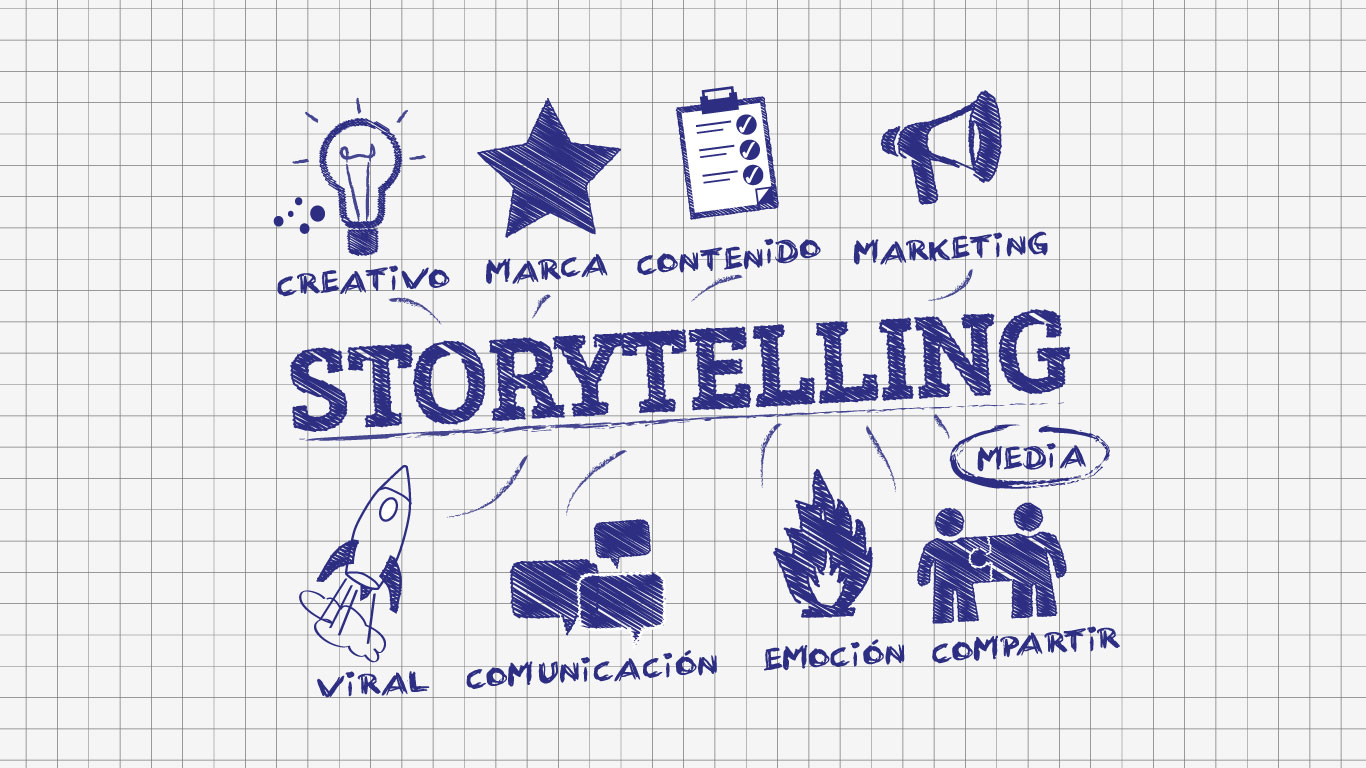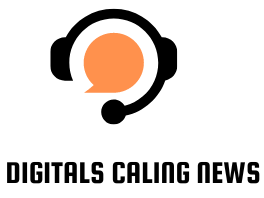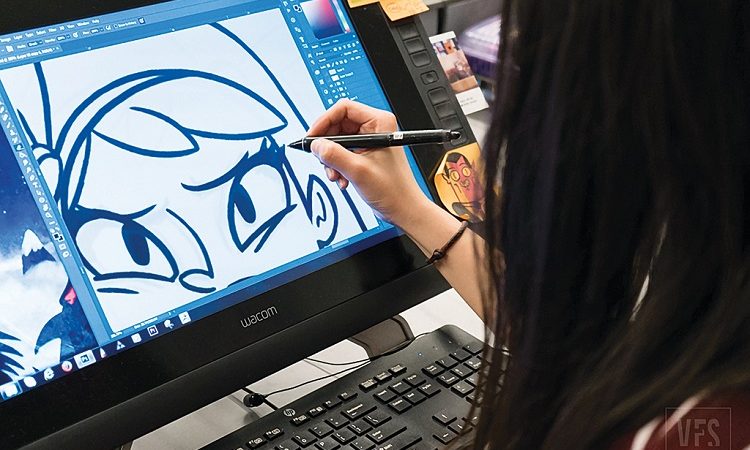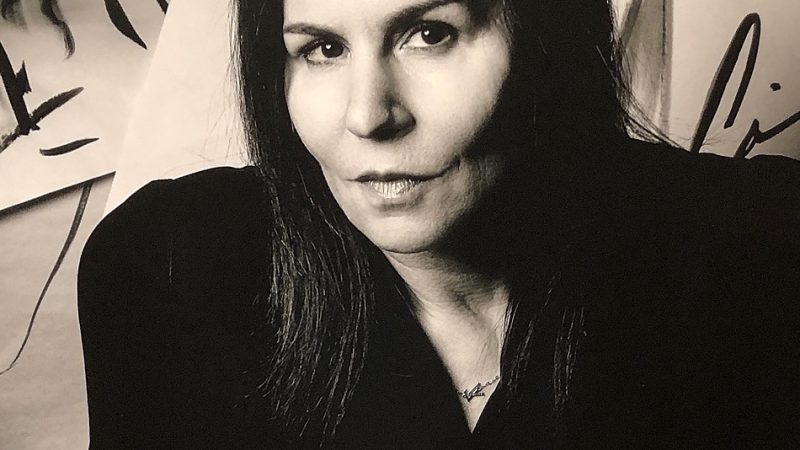The Power of Story telling

Stories have been a part of human culture for thousands of years. From ancient myths and legends to modern-day novels and movies, stories have the power to captivate our attention and transport us to different worlds. But story is more than just entertainment – they can also have a profound impact on our lives.
The Science of Storytelling
Research has shown that when we hear a story, our brains become more engaged than when we are presented with facts and figures. This is because stories activate multiple areas of the brain, including those responsible for language, sensory processing, and emotions. When we hear a story, we are more likely to remember it and to feel a connection to the characters and events. But storytelling isn’t just about entertainment – it can also be a powerful tool for education and persuasion. When we hear a story that resonates with us, we are more likely to be open to new ideas and perspectives. This is why storytelling is often used in marketing and advertising – by telling a compelling story, companies can create an emotional connection with their audience and increase the likelihood of a sale.
The Impact of Personal Stories
Personal stories can be particularly impactful. When we hear someone else’s story, we are able to empathize with their experiences and gain a new perspective on our own lives. This is why personal storytelling has become increasingly popular in recent years, with platforms like Humans of New York and The Moth showcasing the power of individual stories. Sharing our own stories can also be therapeutic. By telling our own stories, we are able to process our experiences and emotions, and connect with others who may have gone through similar struggles. This is why support groups and therapy often incorporate storytelling as a way to help people heal and grow.
The Importance of Diversity in Storytelling
Finally, it’s important to recognize the impact that storytelling can have on our understanding of different cultures and perspectives. When we hear stories from people who are different from us, we are able to broaden our horizons and challenge our assumptions. This is why diversity in storytelling is so important – by including a range of voices and experiences, we can create a more inclusive and empathetic society.
Conclusion
In conclusion, story telling is a powerful tool that can impact our lives in many ways. Whether we are listening to a captivating novel or sharing our own personal experiences, stories have the ability to engage our brains, connect us with others, and broaden our perspectives. By recognizing the importance of storytelling, we can harness its power to create positive change in ourselves and in the world around us.






